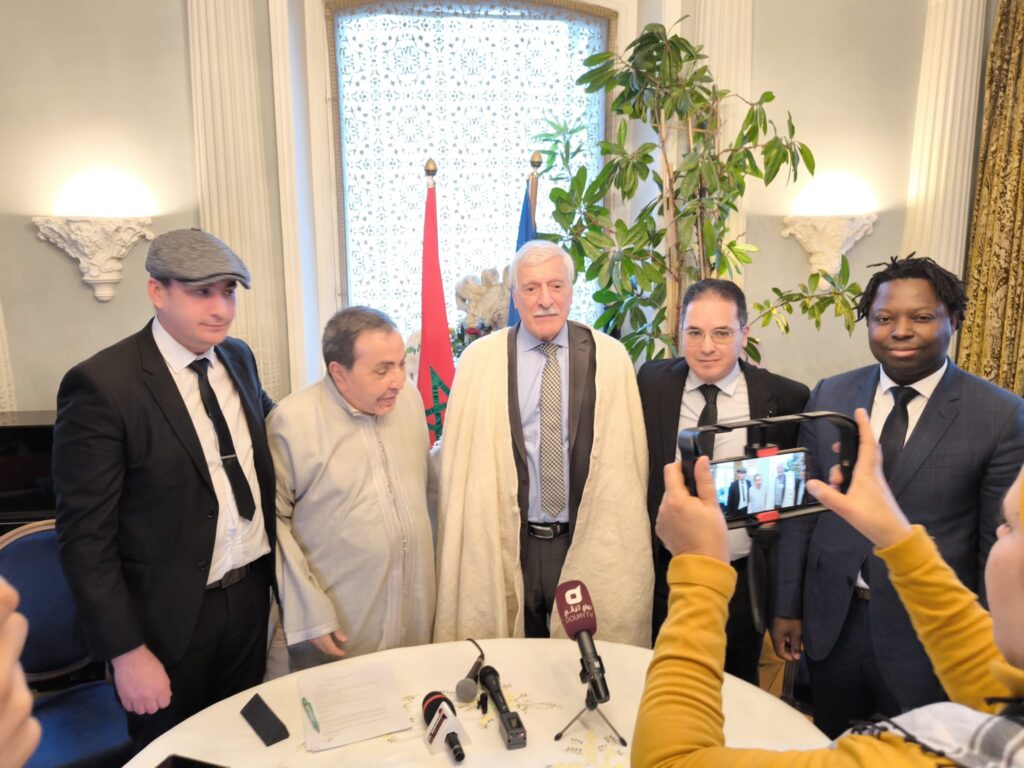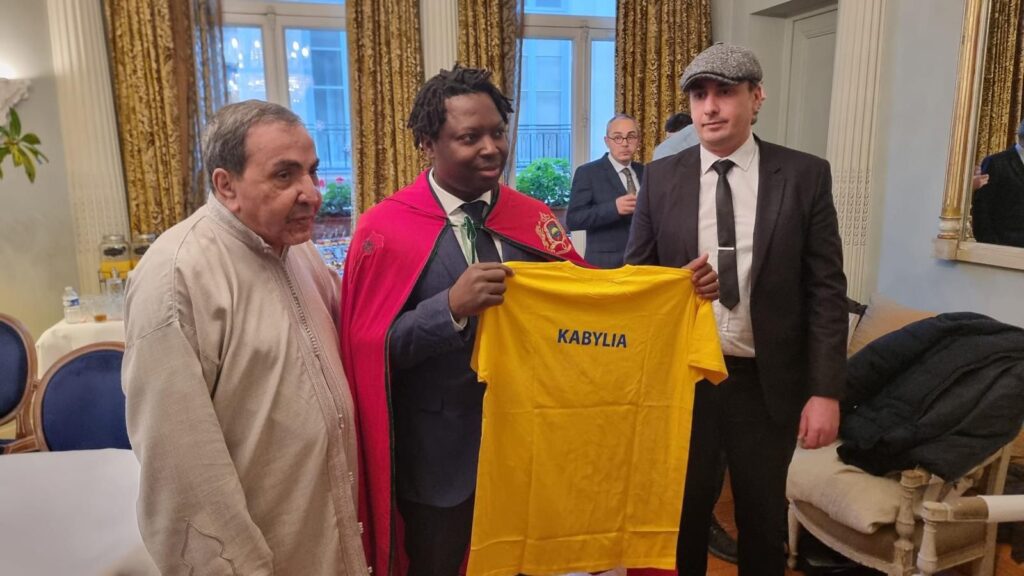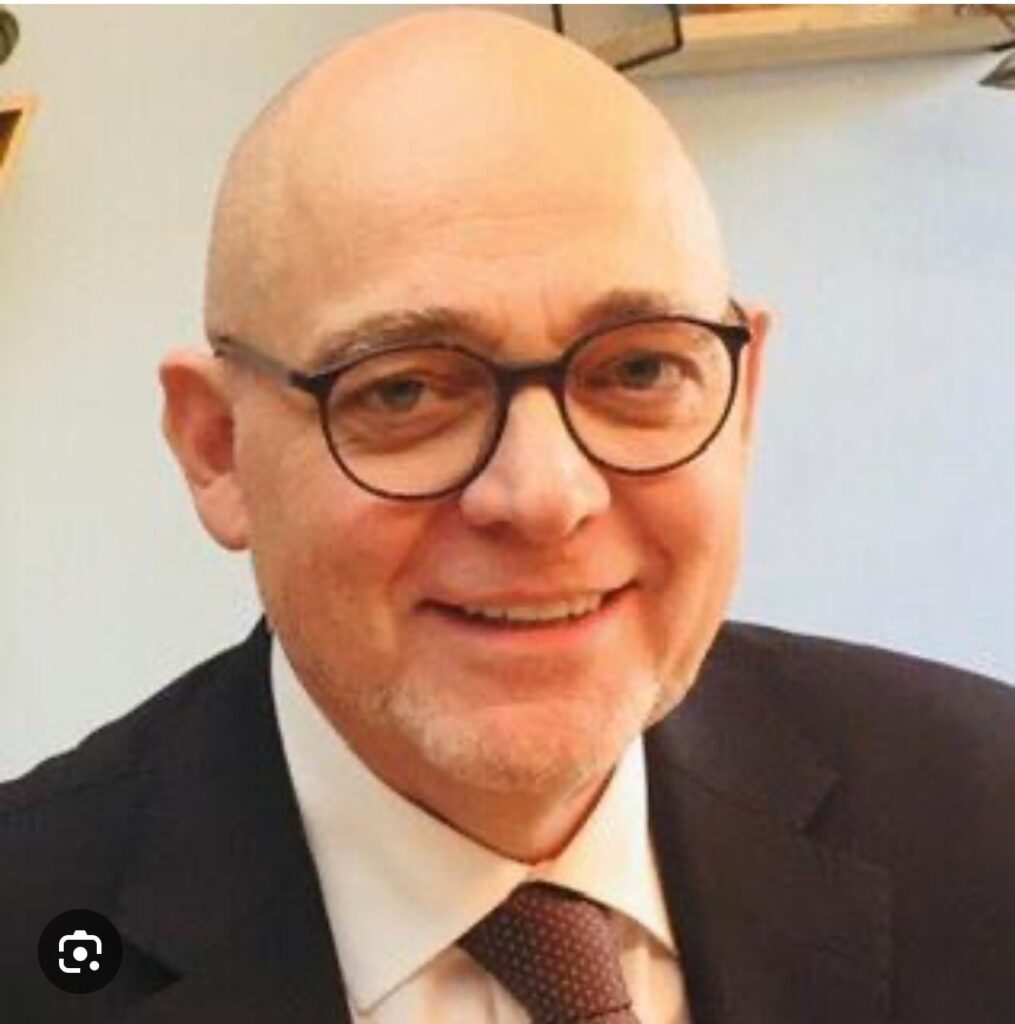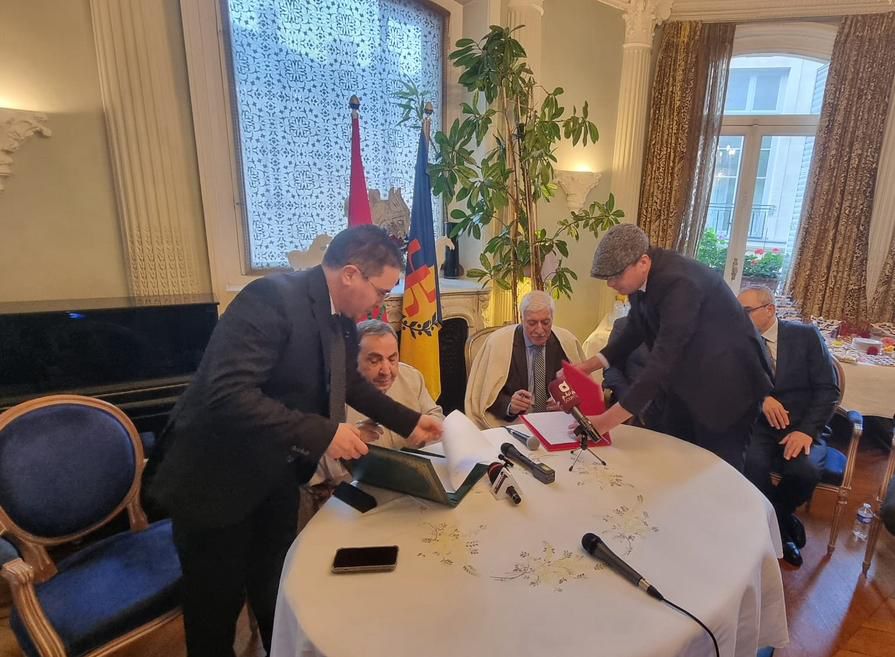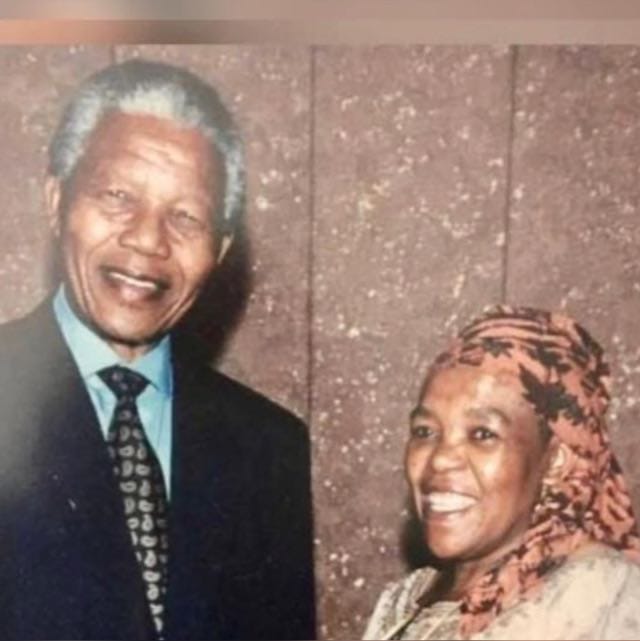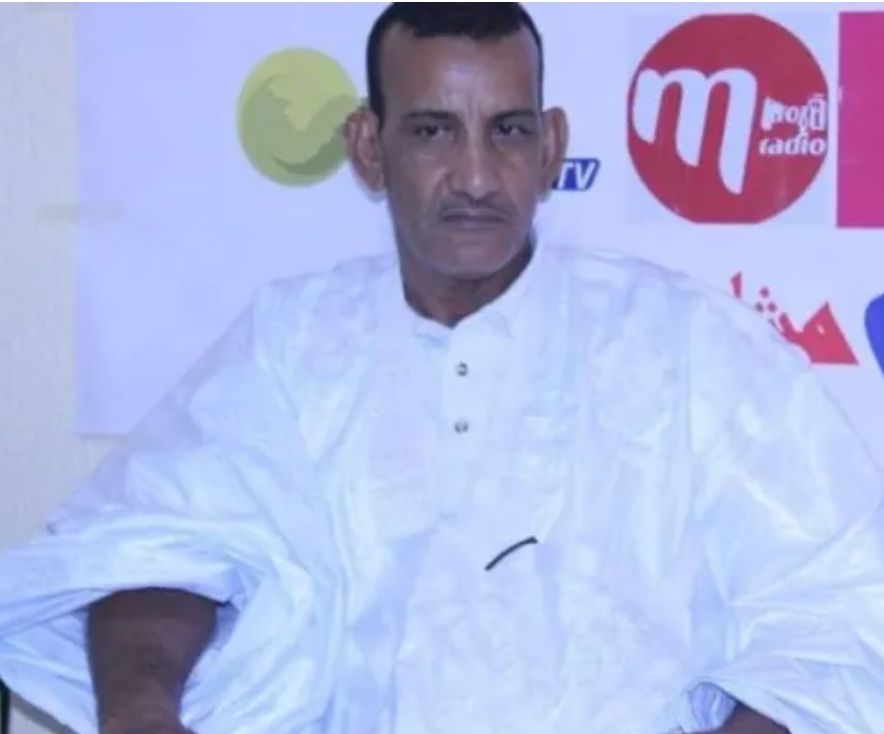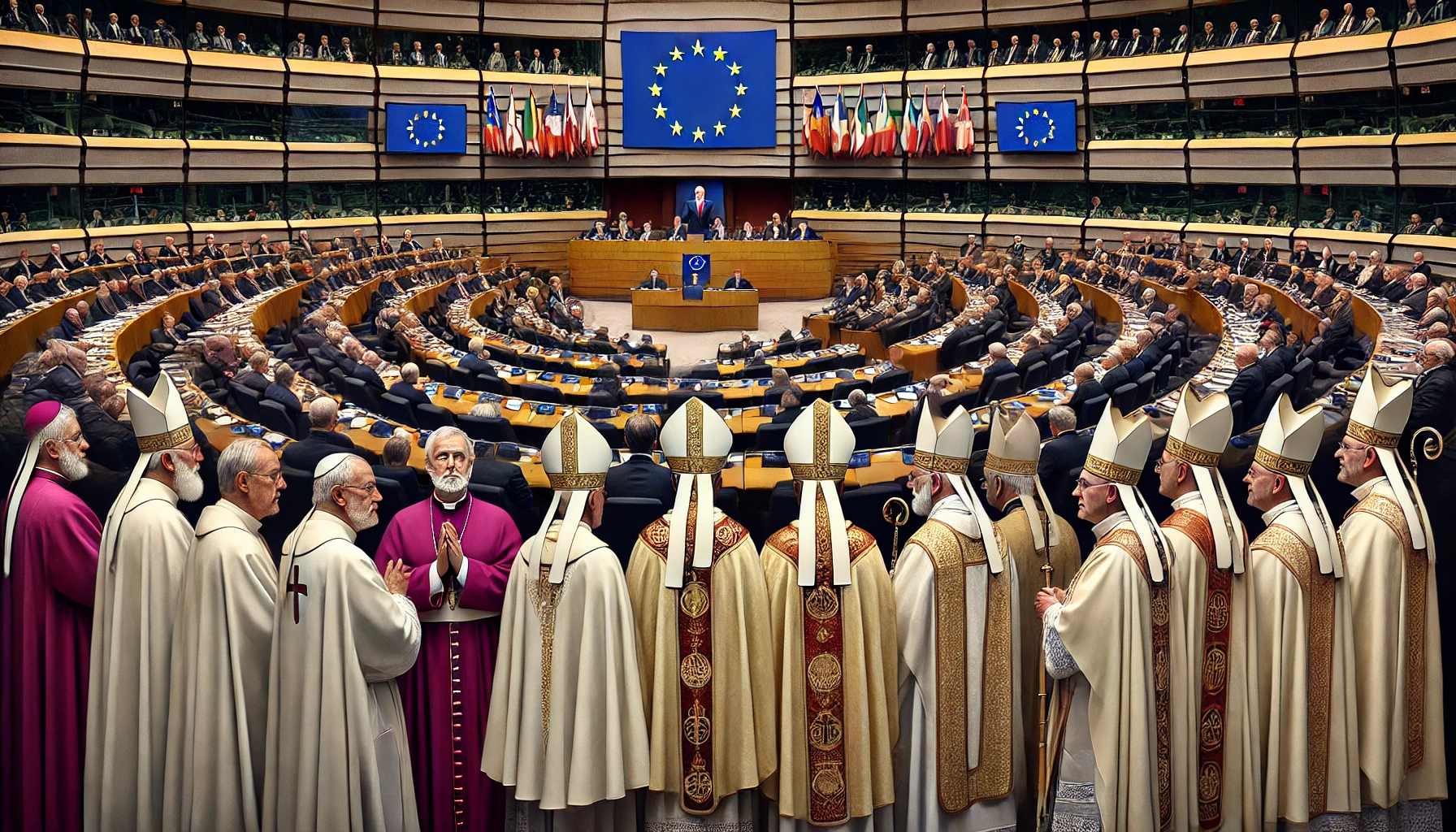The Morocco of Tomorrow movement organized a reception this Wednesday in honor of the Kabyle Government, represented by its president, His Excellency Ferhat Mehenni, accompanied by several members of his government. Among them, Ibrahim Belabbassi, the government spokesperson, drew particular attention as he faces extradition requests from the Algerian state while confronting severe sentences.
The event also featured the participation of Martial Bakouchan, director of the Institute of Man, of Beninese origin, who expressed unwavering support for the Kabyle people in their quest for independence. In his speech, the president of the movement, Dr. Mustafa Aziz, reaffirmed his organization’s clear and determined position in favor of Kabyle freedom.
The Kabyles are a Berber ethnic group originating from the Kabylie region, located in northern Algeria. With a rich history spanning millennia, the Kabyles have managed to preserve their language, Kabyle, and their culture despite multiple waves of invasions and colonization they have faced.
Over the centuries, the Kabyles have fought for their autonomy and cultural recognition, particularly against the Arabization policy carried out by successive Algerian governments. The Kabyle uprisings, notably those of 1980 and the Black Spring of 2001, are pivotal moments in their struggle for cultural and linguistic rights. These movements have played a crucial role in raising awareness of Berber rights in Algeria and have led to demands for greater recognition of their identity.
The Kabyle struggle extends beyond linguistic issues to encompass political, economic, and social claims. The Kabyle Government, under the leadership of Ferhat Mehenni, advocates for the self-determination of the Kabyle people, asserting that the Kabyles have the right to decide their future as a nation.
The event was marked by significant speeches, including one from the daughter of former South African President Jacob Zuma, who delivered a powerful message to the world, promising to share it later. John Marie Eddy, a prominent Swiss professor and recognized writer, also spoke, expressing his support for the Kabyle cause while praising Morocco’s wise approach in resolving its national question, which he addressed in a work titled “The Moroccan Sahara, Land of Light and Hope.”
The speech by Mohamed Mahmoud Taleb, president of the Mauritanian People’s Party, was particularly impactful, not only due to his Mauritanian background but also because of his unwavering commitment to peace and justice from a region as unstable as the Sahel.
At the end of the meeting, partnership agreements were signed between the Morocco of Tomorrow movement and the Kabyle Government, an engagement that was immediately endorsed by the participants, marking the beginning of a fruitful collaboration.
This event highlights the solidarity among liberation movements and struggles for self-determination while strengthening the ties between peoples aspiring for freedom and justice. The road ahead is still long, but such meetings represent a decisive step towards a future where every people can realize their legitimate aspirations.
